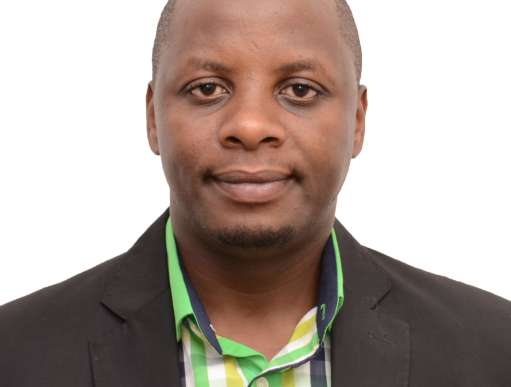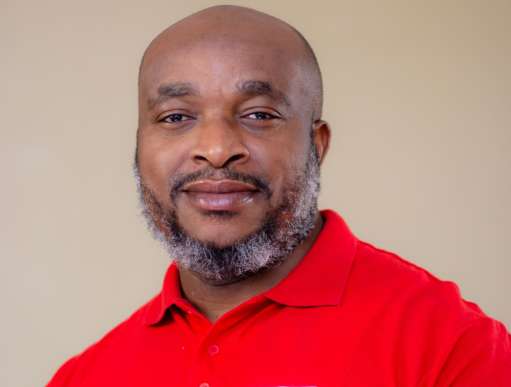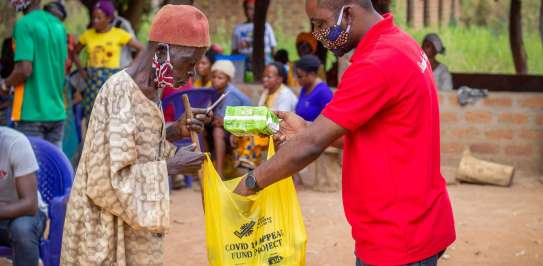The global imbalance in coronavirus vaccine distribution is staggering, and the gulf between wealthy and poorer countries shows little sign of closing anytime soon. According to the UN, in wealthy countries, almost one in four people have so far received a vaccine, while in the developing world, it’s closer to one in 500.
COVAX, the global scheme established to procure and distribute vaccines aims to provide only enough vaccines to reach one in four people in low-income countries by the end of the year and is currently off-track to meet this target, with some estimating that as little as 1 in 10 could be vaccinated. This has been complicated further still with the Serum Institute of India, the world’s largest producer of the Astra Zeneca vaccine, not expected to resume its vaccine deliveries to COVAX as well as other countries until at least October as a result of a serious surge in cases in India in recent weeks.
The Economist estimates that more than 85 poorer countries could be waiting until 2023 for widespread access to coronavirus vaccines. In Africa, only 2% of the population have received at least one dose of vaccine, a figure which falls well short of the 60% of the continent’s population needing to be vaccinated in order for herd immunity against the virus to be achieved as previously stated by the Africa Centres for Disease Control and Prevention.
In this blog, we hear from Christian Aid staff members based in Africa to get their take on the real-life impacts of vaccine inequality.
Kenya
The World Health Organisation (WHO) recently warned that vaccine shipments to Africa have ground ‘to a near halt’ and that the continent has recorded a 20% increase in confirmed cases compared to the two weeks prior, with the curve bending upwards in 14 countries in the last week alone.
One country continuing to experience high numbers of daily cases is Kenya which has administered enough doses to cover just 1% of its population of over 50 million people.
It is totally unfair for rich countries to hoard vaccines. Poorer countries have little or no capacity to produce their own vaccines.
Image credits and information

As Njoroge said, the vaccine offers people hope of getting back a sense of normality in their lives, but that for many Kenyans, the lack of availability of vaccines means this will remain elusive for some time to come, with serious consequences.
“The poorest of the poor in poorer countries will sink further into poverty and the gains that have been made through fighting poverty will be reversed,” Njoroge said.
“We are all global citizens, equal in rights and dignity and so vaccines should be distributed equally. For millions of Kenyans, they might have to wait for another one or two years for a vaccine,” he added.
Nigeria
According to The People’s Vaccine Alliance, alarmingly in May, people living in G7 countries were 77 times more likely to be offered a vaccine than people living in the world’s poorest countries and that between them, G7 countries are vaccinating their populations at a rate of 4.6 million people a day.
Should this pace continue, while all citizens living in G7 countries would be vaccinated by January of next year, with low income countries vaccinating only around 63,000 people a day, it would take these countries 57 years to achieve the same level of protection from the virus.
In Nigeria, Africa’s most populous country, enough vaccine doses have been administered to protect just 0.5% of the country’s population of over 200 million people.

It is the duty and responsibility of every government to make vaccines available for their populations, so I will not criticise too harshly a government that spends their money to procure vaccines for themselves according to their population size and needs.
“However, where countries begin to hoard vaccines above what they require, that’s a problem. If a country takes more vaccines than it needs and by doing so deprives other poorer countries of access to vaccines, it is abhorrent and its completely unacceptable. The time to take the vaccine is now. The more people who take the vaccine, the better for all of us,” Charles added.
In Africa, many countries are already paying more on inequitable debt repayments than on health care. As Anne Adah-Ogoh, Christian Aid’s Health Manager for Africa explained, governments across the continent will be left with no choice but to look at taking on even more debt to purchase vaccines to protect their populations.
"The healthcare system was already fragile and now you have the pandemic that requires a lot of investment. Most African countries are heavily indebted and because we do not have resources of our own, we have to rely on external borrowing to be able to fund the systems and equipment to manage coronavirus such as setting up isolation centres and providing PPE for healthcare workers."
African countries are heavily disadvantaged in terms of accessibility to vaccines and are having to take up more debts from the World Bank and the IMF to be able to support their procurement.
“At this time, when the needs are so great, what can these financial institutions do differently? Do they want to give some kind of debt relief to countries who are borrowing money to make vaccines available to their people? What are the interest rates for the loans that are being made available? This aside, do we have more money to pay for vaccines? At what cost are we going to get this money? What other services have to suffer to make money available to be pumped towards vaccines? These are the questions that need to be answered,” she said.
Christian Aid has responded to the coronavirus pandemic reaching hundreds of thousands of vulnerable people in 27 countries also coping with extreme poverty. As well as raising awareness of how to keep safe from coronavirus, Christian Aid has handed out ‘covid-care kits’ containing reusable masks, soap and other essentials as well as cash and food packages to those struggling to feed their families after losing work following lockdown.
